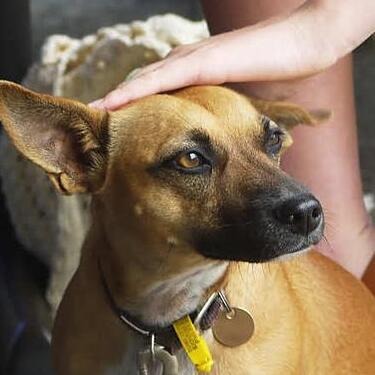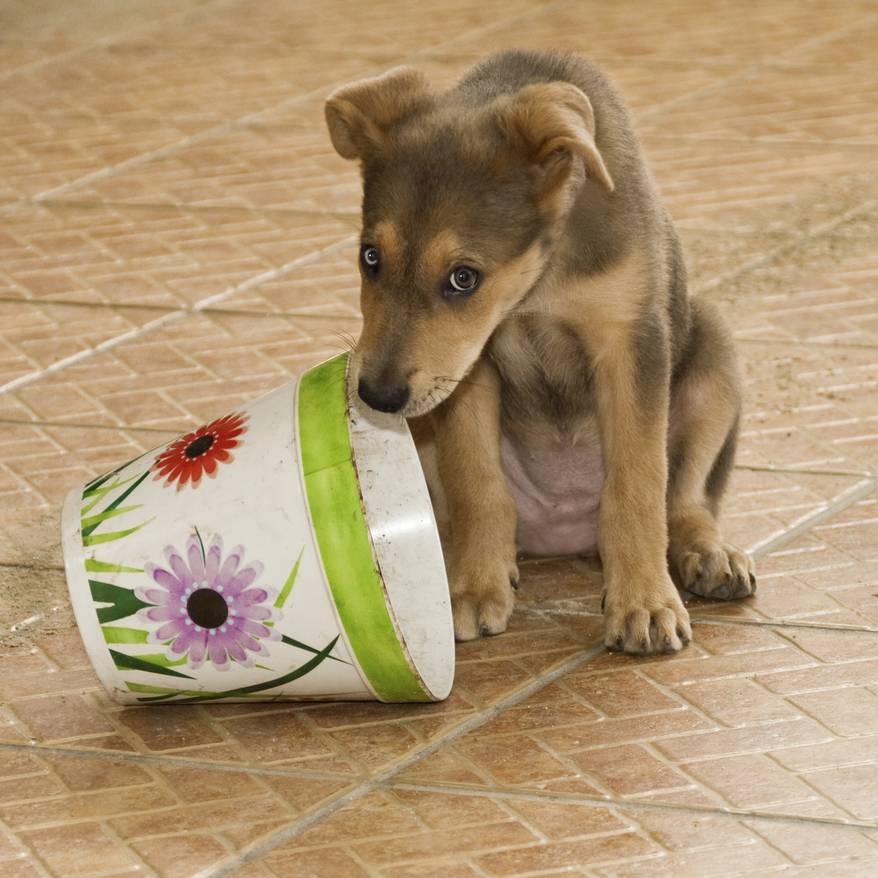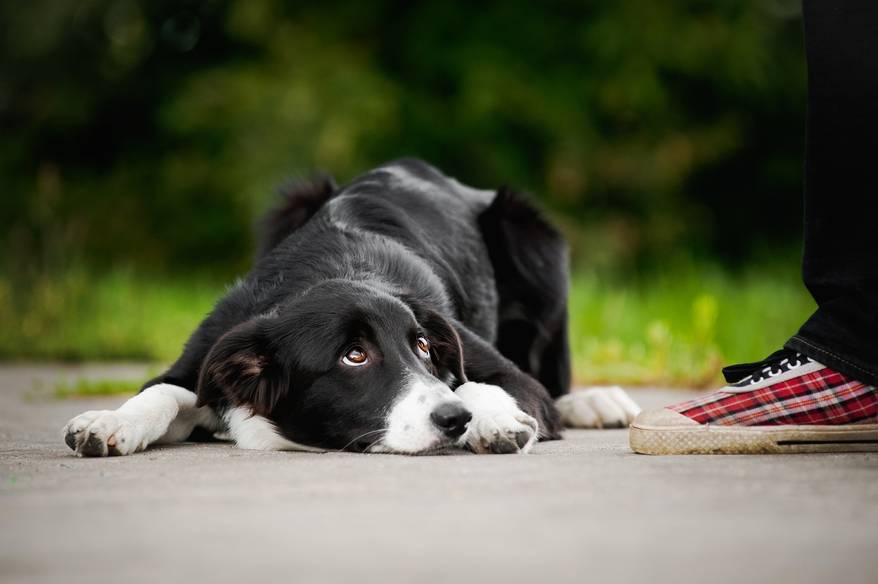
-
Find the right food for your petTake this quiz to see which food may be the best for your furry friend.Find the right food for your petTake this quiz to see which food may be the best for your furry friend.Featured products
 Hill's Science Diet Adult Oral Care Chicken, Brown Rice & Barley Recipe Dog Food
Hill's Science Diet Adult Oral Care Chicken, Brown Rice & Barley Recipe Dog FoodClinically proven kibble technology to reduce plaque & tartar build-up
Shop Now Adult 7+ Small & Mini Chicken & Brown Rice Recipe Dog Food
Adult 7+ Small & Mini Chicken & Brown Rice Recipe Dog FoodFor the unique nutritional needs of mature Small & Mini dogs
Shop Now Adult Small & Mini Lamb Meal & Brown Rice Recipe Dog Food
Adult Small & Mini Lamb Meal & Brown Rice Recipe Dog FoodFor the faster metabolism of Small & Mini dogs
Shop NowFeatured products Adult Indoor Chicken Recipe Cat Food
Adult Indoor Chicken Recipe Cat FoodSupports energy level and beautiful fur in indoor cats
Shop Now Adult Urinary Hairball Control Chicken & Rice Recipe Cat Food
Adult Urinary Hairball Control Chicken & Rice Recipe Cat FoodActively supports the health of the whole urinary system
Shop Now Hill's Science Diet Adult Sensitive Stomach & Skin Dog Food
Hill's Science Diet Adult Sensitive Stomach & Skin Dog FoodHighly digestible recipe, gentle on stomachs. Nourishes skin & promotes a lustrous coat
Shop Now -
Featured articles
 Easy DIY Dog & Cat Toys: Nine of Our Favorites
Easy DIY Dog & Cat Toys: Nine of Our FavoritesBrowse this comprehensive guide for several of our favorite DIY dog and cat toys that are sure to put a little pep in your pet's step.
Read More My Pet Ate a Lizard — What Should I Do?
My Pet Ate a Lizard — What Should I Do?Learn what to do if your pet eats a lizard, including whether they can be toxic and symptoms to keep an eye on when they've swallowed one.
Read More 15 Pet-Friendly Cities Ideal for a US Road Trip
15 Pet-Friendly Cities Ideal for a US Road TripCheck out our list of pet-friendly U.S. cities that are excellent travel options, offering off-leash dog parks and pet-friendly restaurants & hotels.
Read More -


Everyone has laughed at internet photos of shamefaced dogs alongside evidence of their naughty deeds. There's no doubt that dogs are good at looking guilty, but is guilt or shame an emotion they actually experience? If your guilty dog is truly ashamed of his bad behavior, why does he turn around and do it again at the next given opportunity? Read on to see if dog shaming really means anything to your dog.
Do Dogs Feel Shame?

While there's little doubt that dogs are capable of feeling primary emotions, which include feelings such as happiness, sadness and fear, there's far less evidence that dogs experience what are called secondary emotions, which include guilt and shame, says Scientific American. Secondary emotions are much more complex, and researchers surmise that dogs simply don't have the cognitive ability to process such complicated feelings.
Learned Behavior
The truth is, while there is no scientific evidence that dogs actually feel guilt or shame, there is also no proof that they don't. That said, PBS News Hour reports that some studies, such as one conducted by New York City's Barnard College associate professor of psychology Alexandra Horowitz, suggest that the guilty look dogs give when they're caught in the act is a learned response to human reactions. In the study, dogs acted guilty when scolded by their owners, regardless of whether they had actually committed the act for which they were being scolded. Based on this, it seems likely that dogs learn quickly that when pet parents unhappy with them, they can placate their humans by looking sad.
Another experiment conducted by Eötvös Loránd University in Budapest, which appeared in the journal Applied Animal Behavior Science, corroborated these findings. The experiment was designed to answer two questions: would "guilty dogs" who had misbehaved greet their owners differently from those who had not misbehaved, and could owners accurately determine by the way they were greeted whether their dogs had done something wrong? The study found that not only were dog parents unable to accurately tell whether their dogs had messed up, but as with the other study, both guilty and innocent dogs acted ashamed only when their owners assumed they had misbehaved and spoke to their dogs accordingly.
Does Dog Shaming Work?
Maybe your dog doesn't feel actual guilt over his transgressions, but it's clear that he can tell when you're unhappy with him. The problem is, your dog often has no idea why you're angry, The Telegraph reports. Dogs can't be shamed into avoiding bad behavior when they have no understanding of which thing they did was bad. Reprimanding your dog only works if you can do it either while he's committing the act or immediately after so that he makes the association between his behavior and the consequence, reports USA Today.


Tasty Tips
Can Dog Shaming Harm Your Dog?

The dog shaming trend may do more harm than good. The concern is that what's being interpreted as a guilty look is actually a sign of anxiety or fear, and that shaming or scolding your dog will only add to his stress. There's also the possibility that many of the behaviors for which dogs appear on dog shaming sites, such as destructive chewing or relieving themselves inappropriately, might be signs of an anxiety disorder or an underlying health issue, such as a urinary tract infection. While it seems unlikely that your dog will be harmed by having a picture of his guilty look posted on the internet for fun, it's a good idea to discuss his unwanted behavior with your veterinarian, especially if it's out of the ordinary or if it becomes a chronic problem.
Ultimately, it's important to keep in mind that scolding or shaming your dog too long after the fact will only serve to make you feel better. It won't make your dog feel bad about his actions — he'll only be sad that you're upset. So, if you find yourself coming home to torn up pillows or puddles on your floor it is best to think about training your dog some more. If the actions continue, you may have to consult your vet for a health check or a dog behaviorist for better training instruction. Dogs are pack animals, and they see you as their pack leader. They want to make you happy, not angry, so just remember that their bad behavior is not intentional or directed toward you. Keep calm and be sure to reward his positive actions, rather than disciplining him for bad behavior. In time, he can start to understand, and you can start to build an even stronger relationship with your pup.


Jean Marie Bauhaus is a pet parent, pet blogger, and novelist from Tulsa, Oklahoma, where she usually writes under the supervision of a lapful of fur babies.
Related products

For the faster metabolism of Small & Mini dogs

Clinically proven kibble technology to reduce plaque & tartar build-up

For the unique nutritional needs of mature Small & Mini dogs

Improves everyday ability to get up & go
Related articles

Your dog's coat and skin are a big part of your dog's overall health. Ensure you keep your dog's coat healthy, by following these simple tips.

Understand the role that Omega-6 and Omega-3 fatty acids play in your dog's overall health, and how you can ensure they are getting enough.

Learn basic steps & precautions for treating a cut on your dog, including what you can put on the cut, and when you should take them to the vet.

Discover how the field of dog science is giving us more and more insights into the inner workings of our furry best friends.

Put your dog on a diet without them knowing
Our low calorie formula helps you control your dog's weight. It's packed with high-quality protein for building lean muscles, and made with purposeful ingredients for a flavorful, nutritious meal. Clinically proven antioxidants, Vitamin C+E, help promote a healthy immune system.
Put your dog on a diet without them knowing
Our low calorie formula helps you control your dog's weight. It's packed with high-quality protein for building lean muscles, and made with purposeful ingredients for a flavorful, nutritious meal. Clinically proven antioxidants, Vitamin C+E, help promote a healthy immune system.

